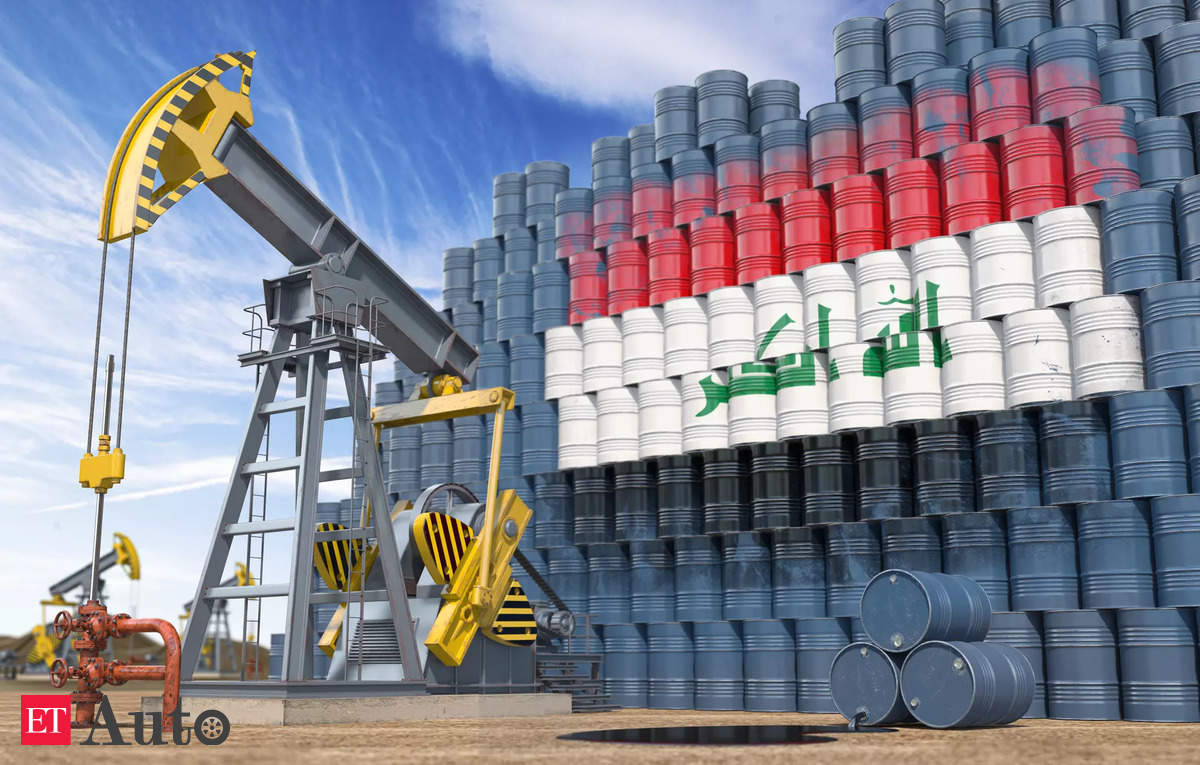Iraq Compensates for January Rise in Crude Production
Iraq, a key player in the global oil market, has announced plans to address the unexpected surge in crude production recorded in January. The country, facing scrutiny for exceeding its agreed-upon output limits, is set to take corrective measures to align with international agreements.
The increase in crude production, a deviation from the agreed-upon quotas, has raised concerns among oil-producing nations and market observers. Iraq's move to compensate for the rise reflects its commitment to maintaining stability in global oil markets, as outlined in international agreements.
Officials from Iraq's Ministry of Oil have acknowledged the overproduction and expressed their dedication to rectifying the situation promptly. The government assures stakeholders and partner nations that the corrective measures will be implemented in accordance with established protocols.
The unexpected surge in crude production in January has implications for the delicate balance within the Organization of the Petroleum Exporting Countries (OPEC) and its allies, collectively known as OPEC+. The group's coordinated efforts aim to stabilize oil prices and prevent extreme fluctuations in the global market.
Iraq's commitment to compensatory actions demonstrates its adherence to the principles of collaboration set forth by OPEC+. The nation's willingness to address the overproduction issue underscores the importance of collective responsibility in maintaining equilibrium within the oil industry.
Analysts suggest that Iraq's prompt response to the overproduction incident reflects the country's recognition of the potential consequences on global oil prices and market dynamics. The compensation plan is expected to involve a reduction in future production to offset the surplus generated in January.
Global oil markets, which closely monitor the actions of major oil-producing nations, are likely to respond to Iraq's compensatory measures. The move is anticipated to reassure market participants and stabilize oil prices, contributing to the overall objectives of OPEC+.
While the specifics of Iraq's compensation plan are yet to be disclosed, the country emphasizes its commitment to transparency and open communication throughout the process. International stakeholders, including OPEC+ members, await further details to assess the impact of Iraq's corrective actions on the broader oil market.
The incident serves as a reminder of the challenges faced by OPEC+ in coordinating production levels among member nations. Achieving consensus and adherence to agreed-upon quotas is crucial for the group's effectiveness in influencing global oil prices.
As the situation unfolds, industry experts will closely monitor Iraq's implementation of compensatory measures and their impact on the broader oil market. The commitment to addressing overproduction aligns with the ongoing efforts of OPEC+ to navigate the complexities of the global energy landscape.


Join the conversation